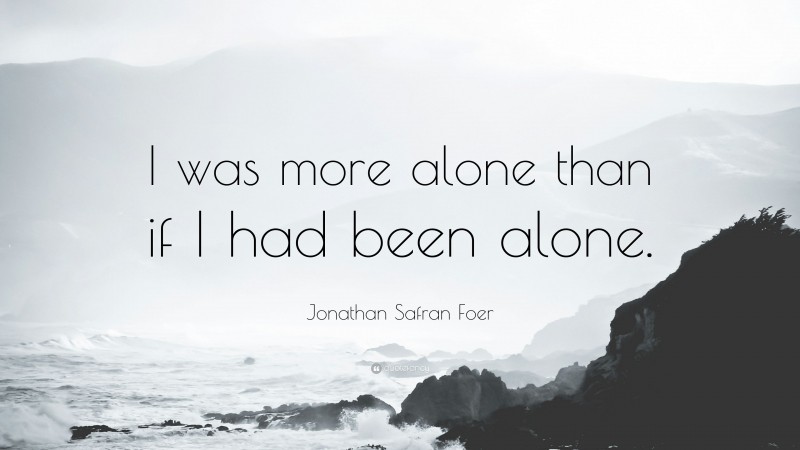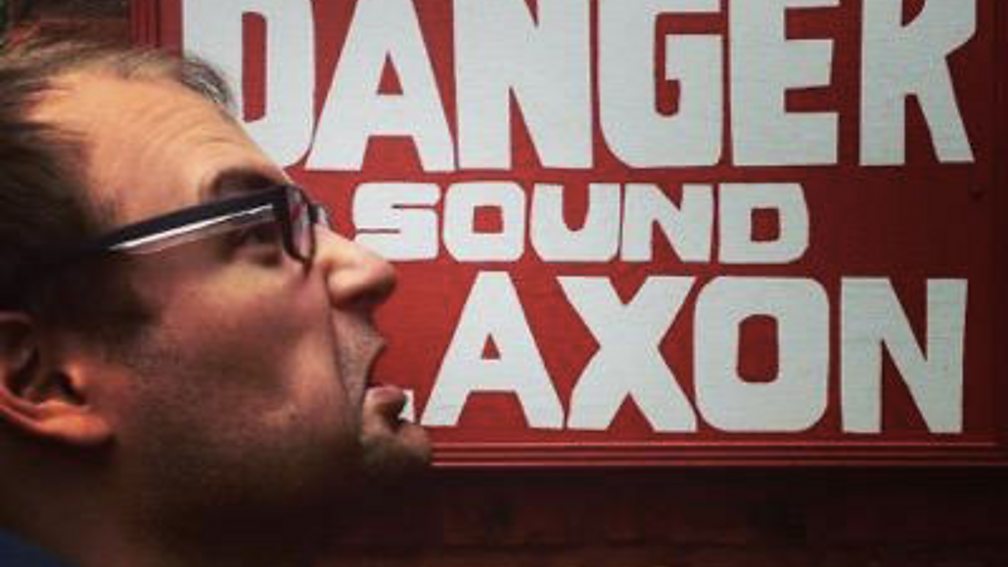

“I wanted to respond to changes in the political climate and changes in human engagement, influenced by the internet and technology,” he says.

Rather than more of the same, its follow-up is a beautiful, scuffed electropop album that swaps Carrie and Lowell’s introspection for outward-looking lyrics, grappling with an American culture he perceives as up in flames. His 2015 album Carrie and Lowell was a bare-bones exploration of grief, inspired by the death of his mother, and hailed as Stevens’s greatest achievement yet. Stevens’s latest and perhaps boldest work, The Ascension, is another exercise in changing direction after a brief flirtation with fame. There’s never a conversation with myself about how I’m advancing my profile.”

“I don’t need to be famous or sell millions of records. “It’s never a rebellious thing I’m always just ready to do something new,” he says cheerily, sporting a salt-and-pepper beard of late, but with the same boyish, scout-leader good looks he emerged with for his woodsy, self-recorded 1999 debut A Sun Came. When 2005’s Illinois topped many publications’ album-of-the-year lists, propelled by its anthemic single Chicago, he swerved again, releasing an avant-garde multimedia work about a graffiti-splattered highway (2009’s The BQE) and a paranoid electronic opera (2010’s The Age of Adz).
To be alone with you sufjan full#
After his 2003 breakthrough Michigan, full of bouncy chamber-pop, came an album of sparse folk meditations (2004’s Seven Swans) themed to his Christian faith. Photograph: Chris Pizzello/Invision/APīut every time Stevens has edged too close to the precipice of mainstream success, he has reacted by releasing something challenging or fogged in darkness. “I don’t want to be part of any room full of adults hemming and hawing over plastic trophies.”įor your consideration … Stevens performs at the Oscars with St Vincent. “I didn’t want to have anything to do with that world and that culture,” he says.

But for the artist himself, shrinking into his pink-and-black striped blazer as Hollywood A-listers schmoozed around him, there was not much to celebrate. His devoted fans celebrated this appearance as a moment of long-overdue mainstream recognition for the spotlight-shy then-42-year-old 26 million viewers were watching at home, after all. Mystery of Love – his bittersweet folk ballad, written for Luca Guadagnino’s Call Me By Your Name – was up for best original song and Stevens had been invited to perform. He had never paid much attention to them before being nominated in 2018. The event was, he says, “a horrifying Scientology end-of-year prom” representative of “everything I hate about America and popular culture”. “Honestly, one of the most traumatising experiences of my entire life,” the songwriter half-laughs, half-groans. T he Oscars were an ordeal for Sufjan Stevens.


 0 kommentar(er)
0 kommentar(er)
